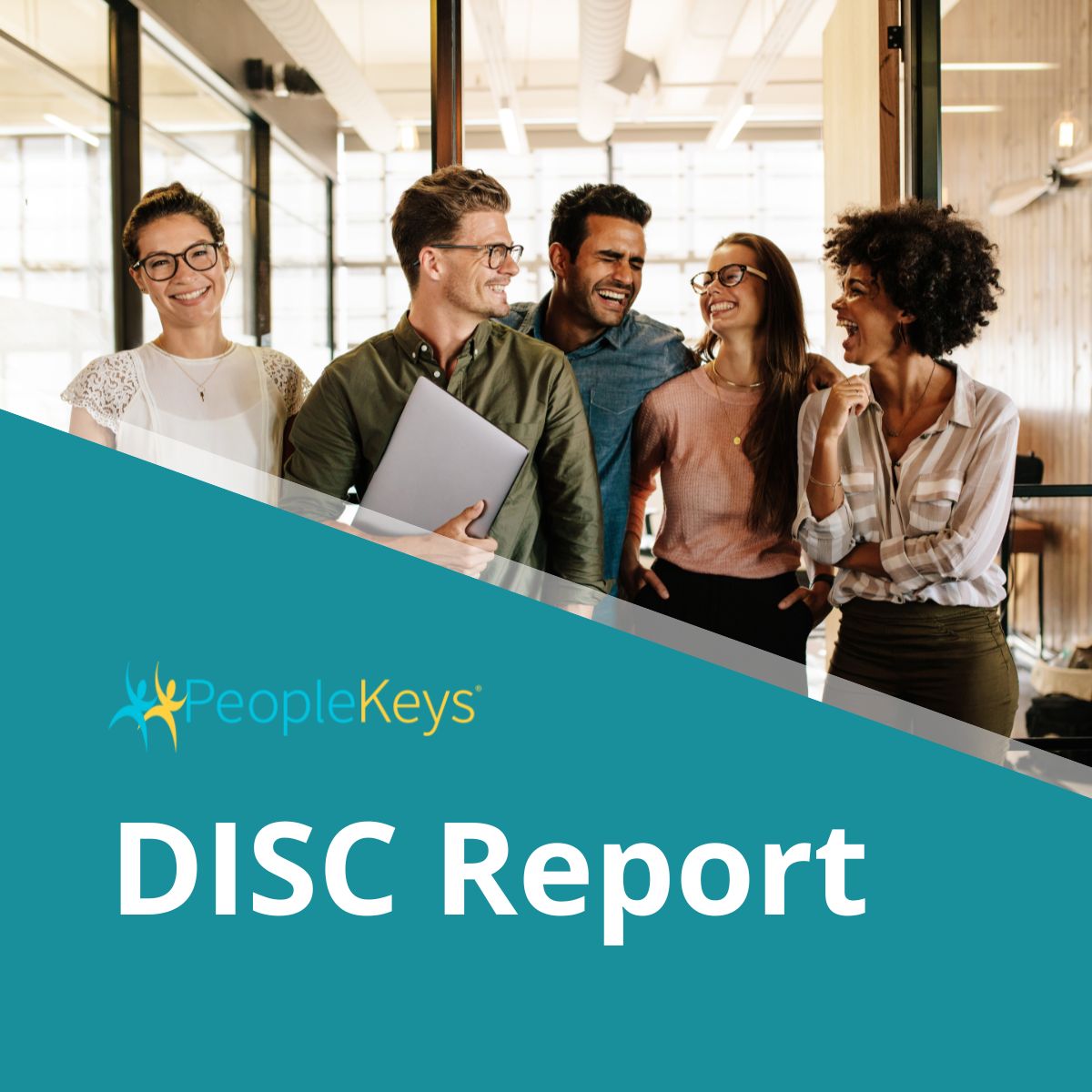Description
The PeopleKeys DISC Report is an assessment tool that helps individuals and organizations gain insight into human behavior by identifying the intensity of four personality traits: Dominance, Influence, Steadiness, and Compliance. This system is recognized as "the universal language of behavior" and is used by people all over the world.
By discovering their DISC personality style, individuals can gain self-awareness, improve communication, enhance relationships, and motivate themselves and others. The DISC Report is used for a variety of purposes, including predictive hiring, building productive teams, increasing employee retention, and developing leadership skills.
This online DISC Report is available in multiple languages, making it accessible to people internationally. It is a simple tool that yields profound insight into human behavior and is widely used by individuals, businesses, schools, and governments.
Looking for sample reports before purchasing? View all sample reports.


